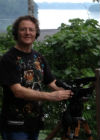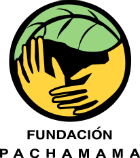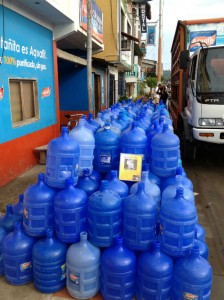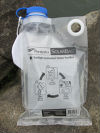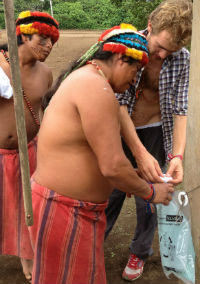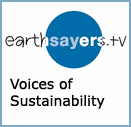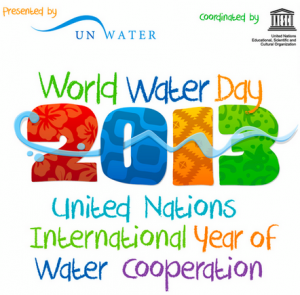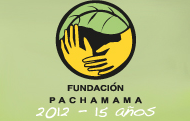Get on-board with Creative Commons License
 It will be in the best interest of the sustainability community to adopt the practice of using a Creative Commons license to increase not only the sharing of content, but the mixing of content to seed the Web with messages to educate, inspire and motivate our citizens. Seeding increases page rankings, advances the visibility of sustainability leaders, and is critical to educating the majority of our citizens who use the Web to find information on topics of interest including the 2.1M on sustainability, 1.8M on climate change, 2.2M on Global Warming and 246,000 on pure water.
It will be in the best interest of the sustainability community to adopt the practice of using a Creative Commons license to increase not only the sharing of content, but the mixing of content to seed the Web with messages to educate, inspire and motivate our citizens. Seeding increases page rankings, advances the visibility of sustainability leaders, and is critical to educating the majority of our citizens who use the Web to find information on topics of interest including the 2.1M on sustainability, 1.8M on climate change, 2.2M on Global Warming and 246,000 on pure water.
Re-purposing content and seeding the Web
Incorporating video from a download or screen capture, in whole or part, depending on the length and message, is relatively easy and can be thought of as a video quote or clip. Another way to express it: one producer’s video may be another producer’s B–roll, the supplemental or alternate footage inter-cut into another interview or documentary. Just this last week I received an email from AmazonWatch about their recently uploaded video on YouTube that is part of a petition campaign to oust the CEO of Chevron and to “Please tell the board of directors to FIRE John Watson.” This video was edited by the Amazon Watch folks and re-purposed from a January 2010 video, , part of another petition campaign.
Just this last week I received an email from AmazonWatch about their recently uploaded video on YouTube that is part of a petition campaign to oust the CEO of Chevron and to “Please tell the board of directors to FIRE John Watson.” This video was edited by the Amazon Watch folks and re-purposed from a January 2010 video, , part of another petition campaign.
Obtaining permission is highly recommended and nearly always granted for non-commercial purposes. However, producers are encouraged to use Creative Commons licensing to encourage and speed the process.
EXAMPLES
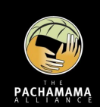 Here is an example of how I incorporated clips from a documentary, Screams of the Amazon, produced by Siegmund Thies and Joke Baert of Pachamama Ecuador into a radio interview, Oil over Water: Ecuador’s Indigenous Peoples Threatened by Barry Heidt. I converted the “radio” to a video having added clips and images and then posted to YouTube and here on our site, EarthSayers.tv.
Here is an example of how I incorporated clips from a documentary, Screams of the Amazon, produced by Siegmund Thies and Joke Baert of Pachamama Ecuador into a radio interview, Oil over Water: Ecuador’s Indigenous Peoples Threatened by Barry Heidt. I converted the “radio” to a video having added clips and images and then posted to YouTube and here on our site, EarthSayers.tv.
This is an example of a ‘video quote’ from the same documentary that stands on its own and is posted on YouTube and Earthsayers.tv, voices of sustainability, titled as Easy Money in the Amazon – At what cost? by Patricia Gualinga.
A bit more on the Creative Commons License I used in connection with the above videos:
Selecting a License
Creative Commons offers six different content licenses. The first step to sharing your work is to select the license that’s right for you. The Creative Commons license chooser helps you select a CC license that matches the conditions you want. It also provides you with a snippet of code for your website to signal which license you’ve chosen.
Example of using Creative Commons
License work and encourage the seeding of your message:
For our work in connection with EarthSayers.tv, Voices of Sustainability, we use Creative Commons licenses. If you wish to incorporate our video work into your work, we encourage it, but only for non-commercial use. We ask you attribute the work to Ruth Ann Barrett, EarthSayers.tv and send a URL so we may see your work. For permission issues around modifications of our work, call 415-377-1385 or email ruthann@earthsayers.tv.
Ruth Ann Barrett, Sustainability Advocate, May 16, 2013, Cleveland, Ohio.

